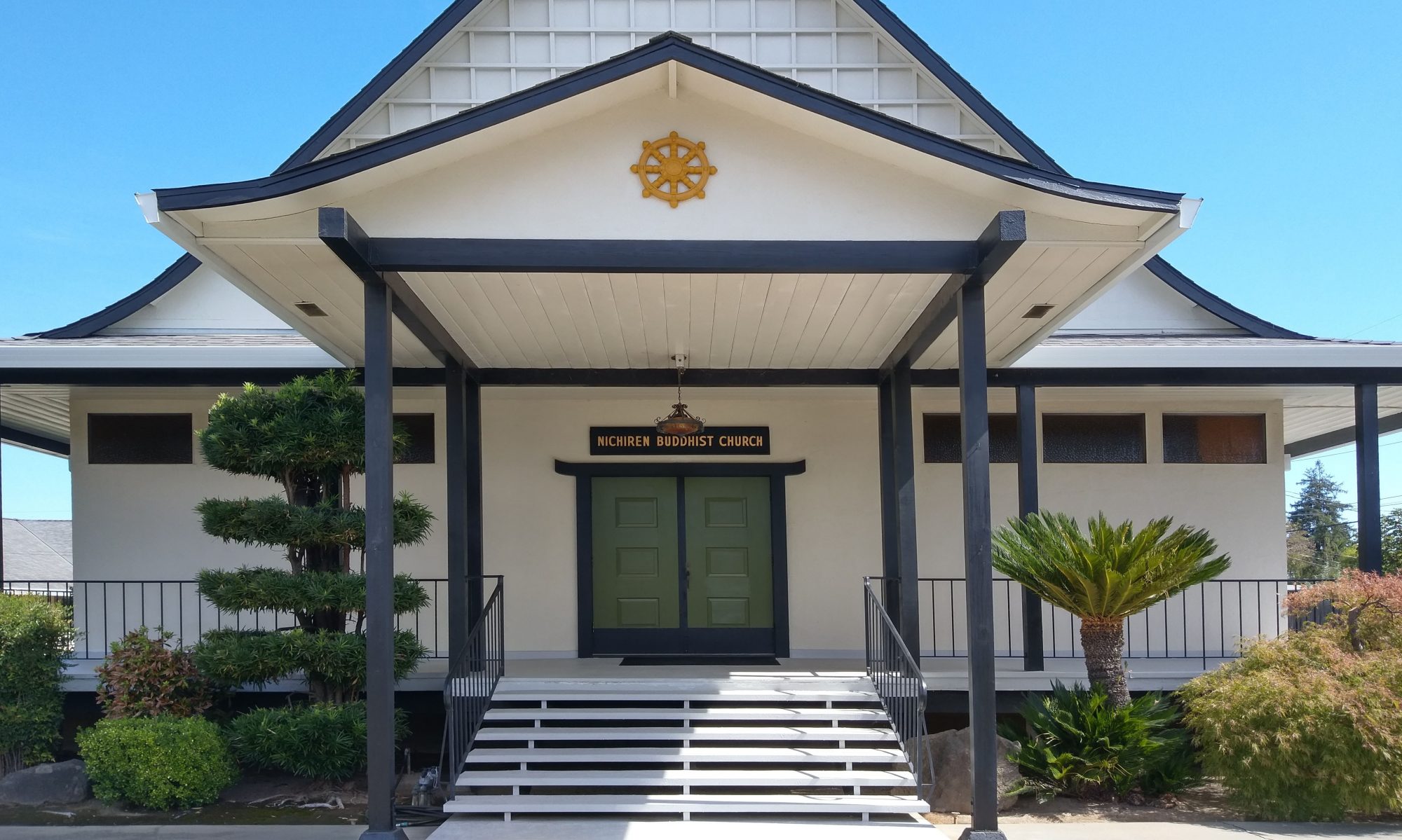Every year we hear of the increasing number of natural disasters that occur in various parts of the world. Most recently, the destructive wildfires that swept across Los Angeles left many without homes. These disasters cause various types of damage, which take a very long time to recover from. For example, the residents living in the Noto Peninsula of Japan are still trying to rebuild their lives more than a year after the devastating earthquake that happened on New Year’s Day last year. Every time I hear of these stories, I am reminded of the 2011 Tohoku earthquake and tsunami. In March of that year, we asked all of you for donations to help those affected by this natural disaster. We were able to raise a total of $1,500, which we sent to the Nichiren Shu Headquarters in Japan. This in turn was donated to earthquake relief efforts. Out of the many donations we received, there was one that I remember to this day. Today, I would like to share this story with you.
Towards the end of March 2011, I was outside sweeping the entrance of the temple like any other day. One man wearing tattered clothes was riding a very old and rusty bike, passing by me very slowly. I did not think much of it and continued sweeping until I realized a few seconds later that he was standing in front of me. He asked me if this was a Japanese Buddhist Temple, continuing to tell me how he was very distraught about the Tohoku earthquake and tsunami. He then proceeded to open his torn-up wallet and took out a twenty-dollar bill folded into fourths. He handed it to me, telling me that this was all the money that he had, but wanted to find a way to send it to Japan. I graciously thanked him for his donation, promising him that it would be used to help those affected by the earthquake. He left without saying another word.
Seeing his kind actions made me think of jikkai (“ten realms”) gogu, which means that each of the ten realms contains within it, the same ten individual realms (listed in the chart above). One way to think of this is as follows. For example, we are living in this world as human beings and therefore, we are physically limited to this realm. However, in our mind, we can transcend the realm of Bodhisattvas or even Hell. Some may say that it is not the realm that we are physically living in right now, but where we are currently living in our mind that determines the next realm that we will physically be placed in our next life. Below, I have made a chart to aid in understanding this concept. We want to prevent ourselves from falling into the realms that are shaded. The circle represents that at minimum, in our mind, we want to be living in the realm of human beings. However, we always want to strive to live as Heavenly beings, or even better, as a Bodhisattva. We aim to “progress our mind”, so to speak, in the same direction that the arrow is pointing, so that we could be reborn into a better realm in our next life. The kind individual that I spoke of earlier, though physically restricted to the world of human beings, seems to be living in and displaying characteristics of those in a higher realm. Despite his circumstances, he strives to do what he can to care for others, even giving away all the money that he has. Therefore, I am hoping that we can take this time to rethink which realm we are truly living in right now, striving to go to these higher realms, at least in our mind.
Ven. Kenjo Igarashi
May / June 2025


You must be logged in to post a comment.